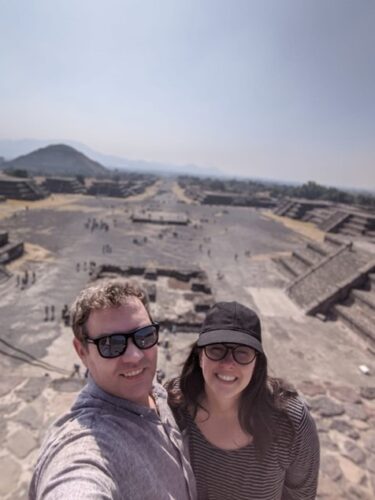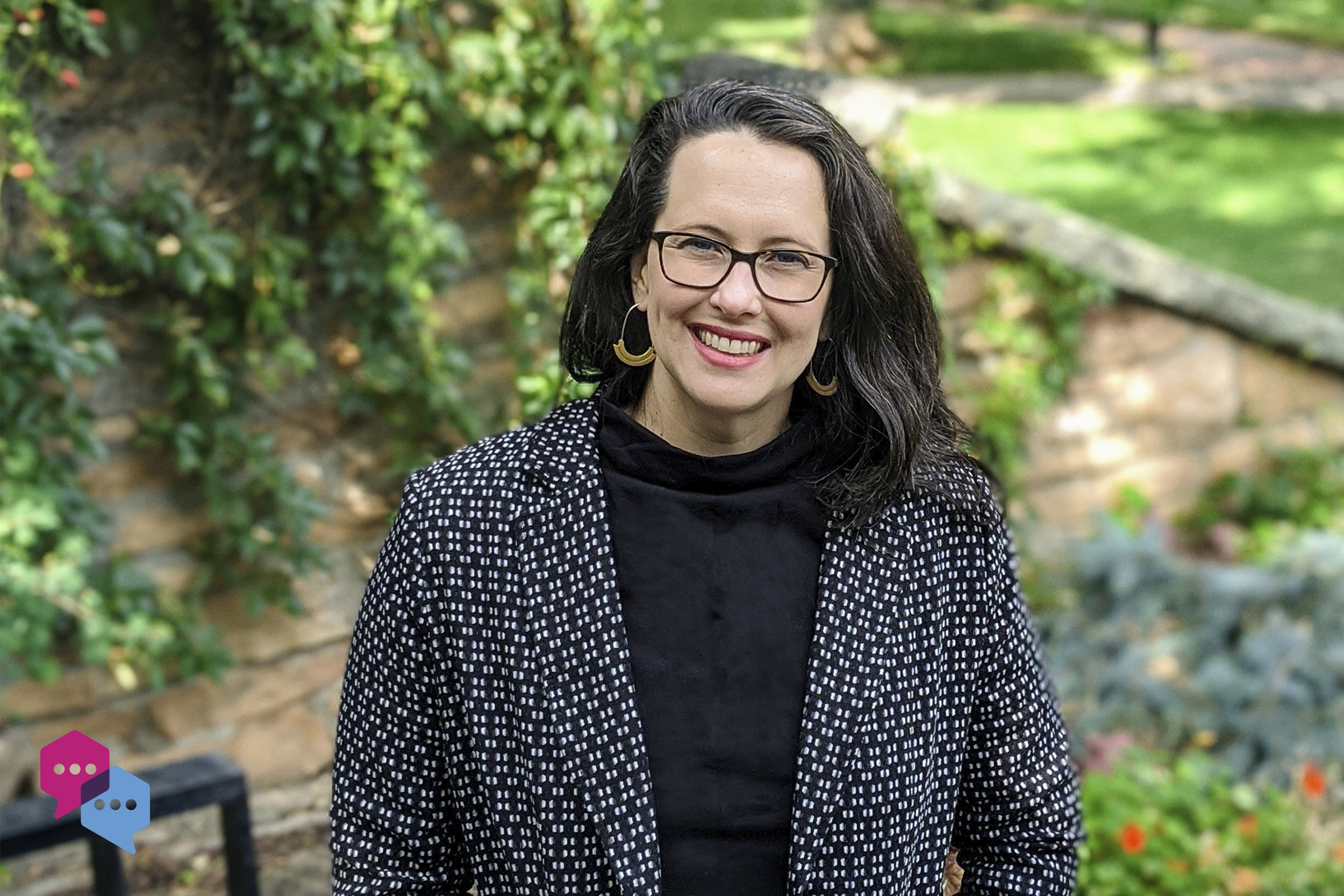Q: When you were a child, what was your response to this question: “What do you want to be when you grow up?”
A: I’ve always loved literature and was a serious book worm growing up. I wrote poetry from an early age — but I also remember wanting to become an astronaut, an actress, and a neuroscientist. I think there is an element of all these professions in research and teaching, so perhaps I found the right balance of all my interests in being a professor.
Q: Share the pivotal moment in your life that helped you choose your field of study.
A: I worked in a psychology lab as an undergraduate and realized that most of the questions we were asking were never going to be answered through data collection. I discovered that I was mostly interested in theoretical questions about the human experience, interpreted through memory and writing. This is what led me to change my major and course of study to comparative literature, a field that allows you to study literature in the original language. I became enamored with French and literature of the early 20th century, which focuses on human experience during and after historic events such as WWI and WWII. I was interested in how memory, writing, and objects were interrelated.

In 2019, Rudosky and her spouse summited an ancient pyramid in Teotihuacan, a historical Mesoamerican city located outside of Mexico City.
Q: Tell us about a time you encountered a tricky problem. How did you handle it and what did you learn from it?
A: While undertaking doctoral research in Paris, I went to many different archives — some of which were extremely difficult to access. There is a section of the Bibliothèque National Française that holds very old and rare books and, at the time, researchers were allowed consultation only between the hours of 2 and 4 p.m. The librarian refused my request for multiple consultations and granted me only one consultation, which was insufficient time to complete the reading and note-taking of a multi-volume work. I had to get an additional consultation by requesting a letter from a living relative of one of the manuscript’s authors. It was very frustrating, but my persistence and resourcefulness paid off.
Q: Describe your research in 5 words.
A: Telling the stories of objects.
Q: What are your passions outside of research?
A: I love traveling and look forward to being able to travel again, post-pandemic. I guess it goes with my love for foreign languages. I also enjoy being outside: Hiking and camping are some of my favorite activities to do with my family. All of these things are synonymous with exploring, discovering new places, and meeting new people — which I believe are important to living a full and happy life.


